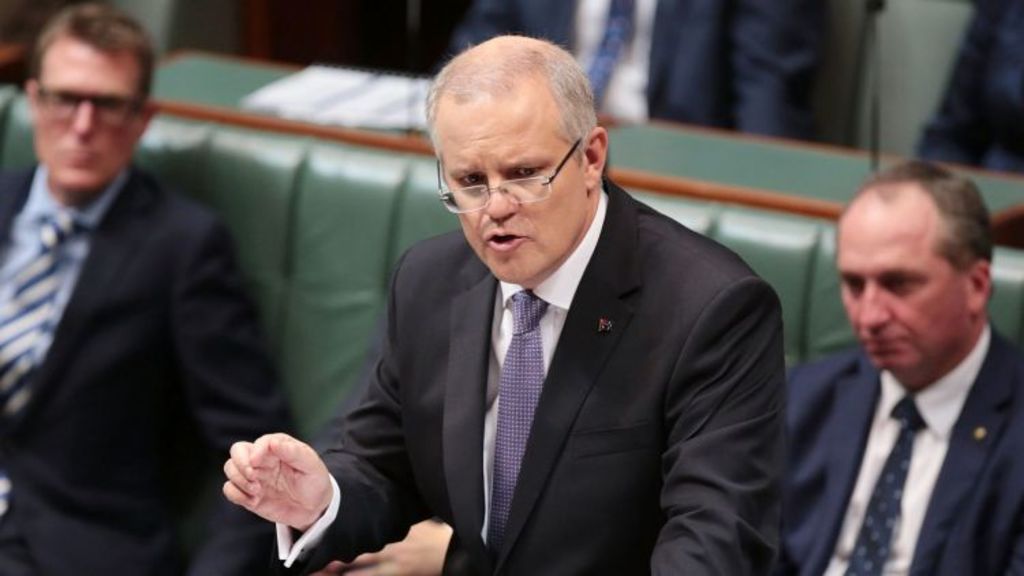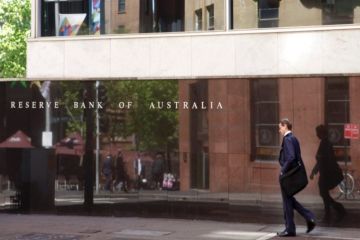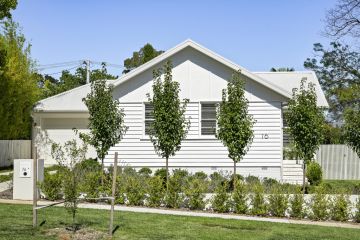Federal Budget 2017: Foreign home buyers hit by vacancy tax and restrictions

Foreign ownership of new developments will be restricted, there will be steeper charges applied to purchases, less favourable tax treatment and charges on those with empty properties, in a raft of measures in the federal budget aimed at taking the sting out of the housing market.
One measure to be introduced from Tuesday is for foreign buyers to be slugged a fee for having a property that sits empty for six months or more in a year.
Those who don’t have a tenant in their property, or live in it themselves for a lengthy period of time, will be expected to pay an annual charge equal to their foreign investment application fee.
This measure will apply to foreign buyers who acquire an interest in residential real estate from May 9.
The intention is to encourage foreign owners to rent out their investment properties when they’re not living in them.
Critics of foreign investment have long warned about “absentee” property owners leaving floors of empty apartments in inner-city hubs and adding pressure to already tight rental markets.
This could take some pressure off Sydney’s tenants, who have experienced rents jump to more than $500 a week for houses and apartments in the first quarter of 2017, according to the latest Domain Group data.
The Victorian government also announced penalties for foreign buyers who keep investment properties empty.
It remains to be seen how the empty property tax will be enforced, with no data on how many properties are left vacant by offshore buyers and where these homes are located.
Another substantial change, and one likely to attract the ire of developers, is a restriction on how many properties in new developments can be sold to foreign buyers.
The changes will mean at least 50 per cent of new homes must be sold locally.
This cap on foreign investment to a maximum of half the new development will be imposed as a condition on New Dwelling Exemption Certificates – the document provided to developers as a form of pre-approval for foreign buyers.
And it’s not the only big change offshore buyers will face.
Foreign and temporary tax residents will also be denied any access to capital gains tax exemptions from Tuesday, although anyone who bought properties prior to this date with such exemptions will have them grandfathered until June 2019.
The CGT withholding tax rate for foreign tax residents is being lifted from 10 per cent to 12.5 per cent and the CGT withholding threshold for foreign tax residents is being dropped from $2 million to $750,000.
This means that any time a property worth $750,000 or more is sold, the seller will need to provide a certificate noting they are a resident, or they will face some of their profits being withheld.
Debate has raged over the impact on foreign investment in Sydney and Melbourne during the past five years as property prices soared. On some measures, foreign buyers have been responsible for a significant proportion of inner-city apartment-buying activity and this has led to calls for restrictions.
State-imposed stamp duties on foreign buyers were introduced in 2016, attracting widespread criticism from property industry pundits.
We recommend
We thought you might like
States
Capital Cities
Capital Cities - Rentals
Popular Areas
Allhomes
More








